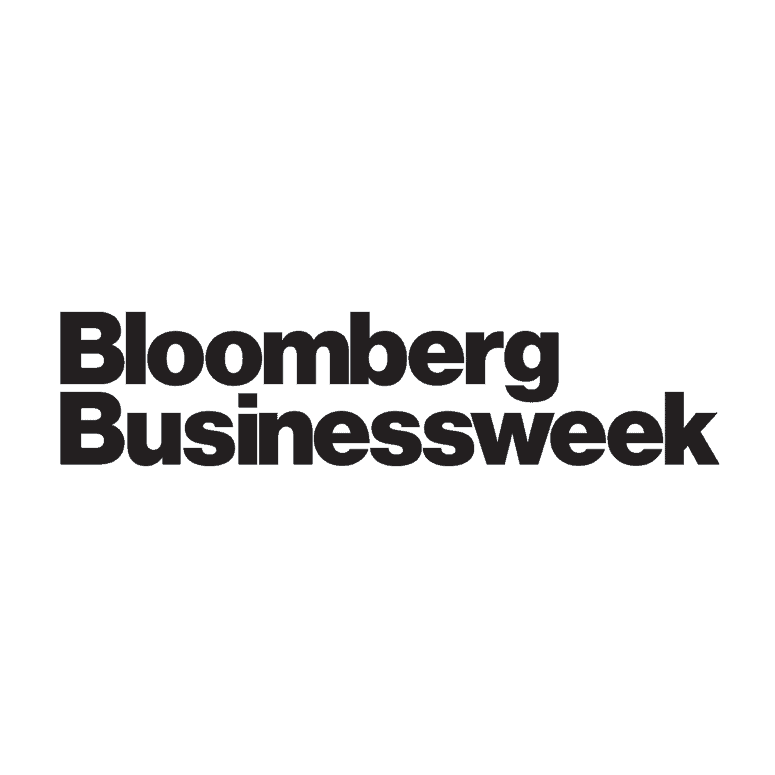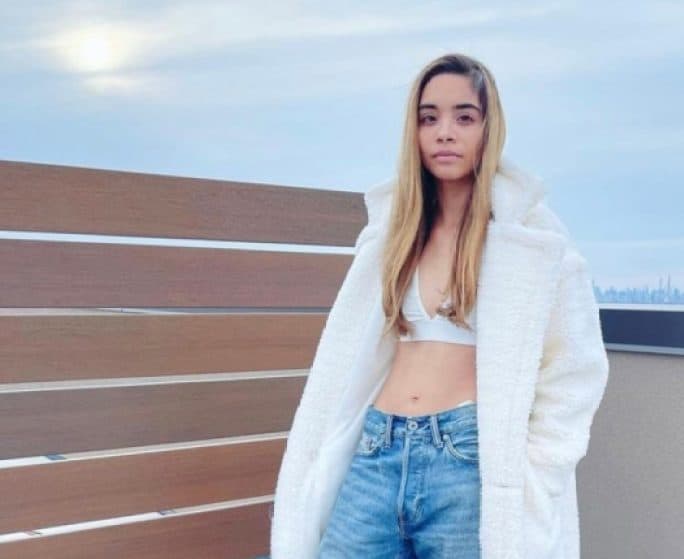
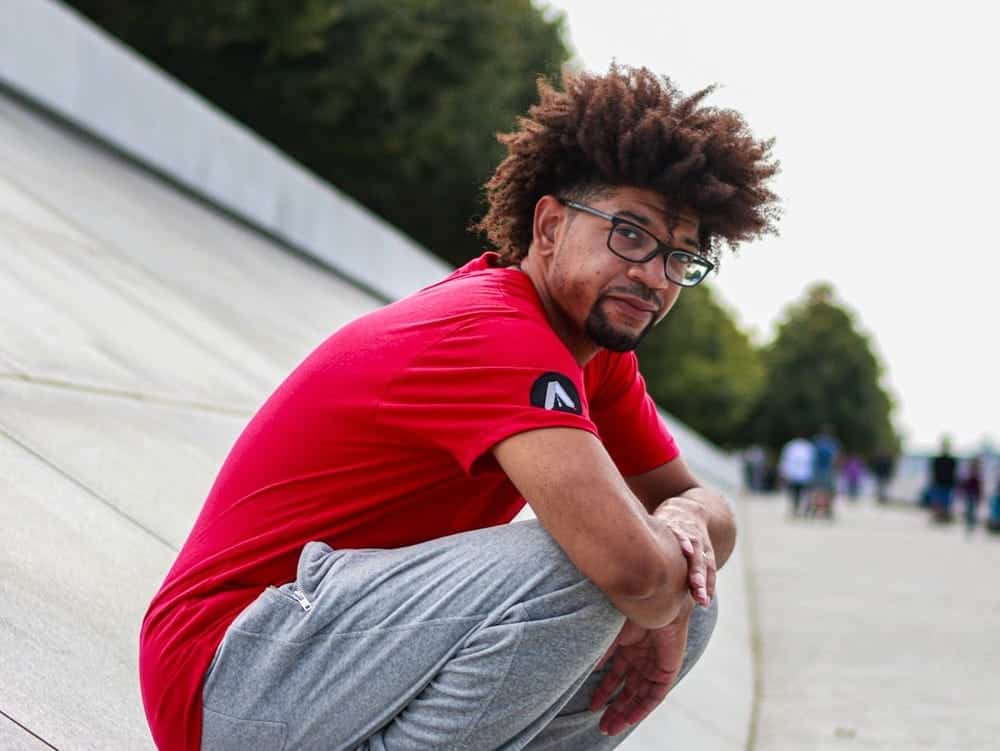
by Matthew Kish, Business Insider
Chad Jones, a longtime sneakerhead, previously made six figures working in IT.
Last year, he and his wife, Adena Jones, cofounded the online sneaker platform Another Lane.
Jones wants to use the company to bring more authenticity and community back to sneaker culture.
This as-told-to essay is based on a conversation with Chad Jones, 43, a cofounder and the chief operating officer of the sneaker platform Another Lane. It’s been edited for length and clarity.
My mom was the catalyst for my sneaker love. She was a fashion and textile designer. My father was a commercial artist and a sculptor.
I was so attached to my mother and father that the only way they could drop me off at prekindergarten was to get the teacher to talk about my Stan Smiths.
I tested into the exceptionally gifted children’s program. I won the spelling bee. I won the science fair.
I bounced between Brooklyn and Queens, New York, and we later moved to Long Island.
That was a complete culture shock: I had been at a school that was predominantly Black, and then I was, like, one of seven Black kids in the whole school. I had to deal with racism.
I was antisocial. I didn’t know how to connect with kids. The easiest way was sneakers and sports. That’s what made me become such a good basketball player — I didn’t need a friend to pick up a basketball and go hoop.
My older cousin is Derek Brown. He got a full ride to St. John’s University, which gave me much more access to sneakers. I used to get his hand-me-downs. He wore a size 12, and I was wearing a size 10.5, so I stuffed tissue in the front.
Sneakers were always a thing, but once I got to college in ’98, basically any money I got went to sneakers.
I played combo guard in college, and I thought I had a chance to make it to the pros. I majored in computer information systems, and I minored in marketing.
For me, it was more about being first. I waited in a lot of lines and sparked up a lot of conversations.
Those people turned out to be some of my best friends. I got married in Jamaica. The people I met in sneaker lines came all the way to Jamaica to be part of that. That could never happen at StockX. That could never happen at GOAT. That could never happen at eBay.
From Another’s Store
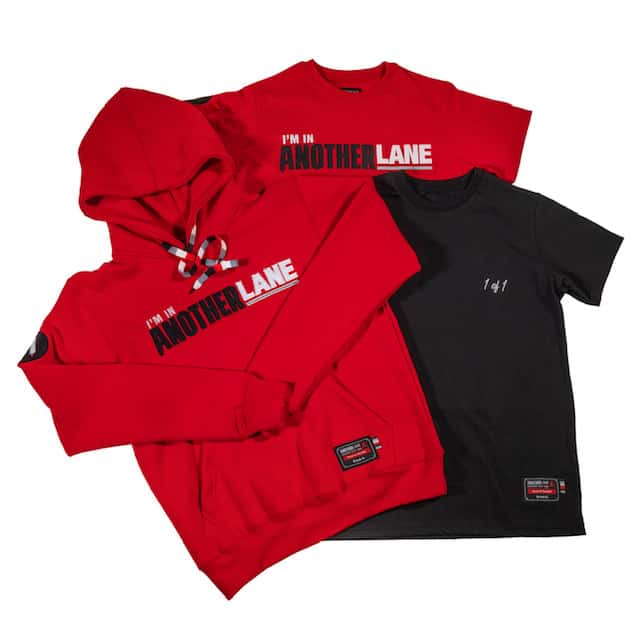
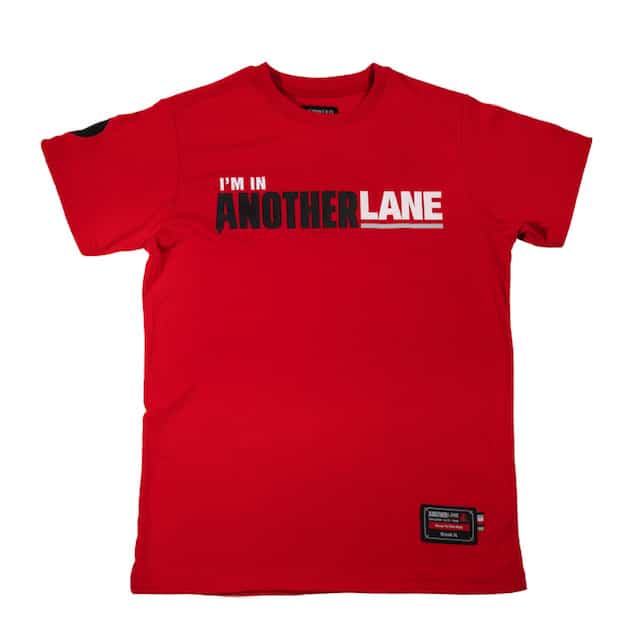
OG Tee – Limited Edition

OG Hoodie – Limited Edition
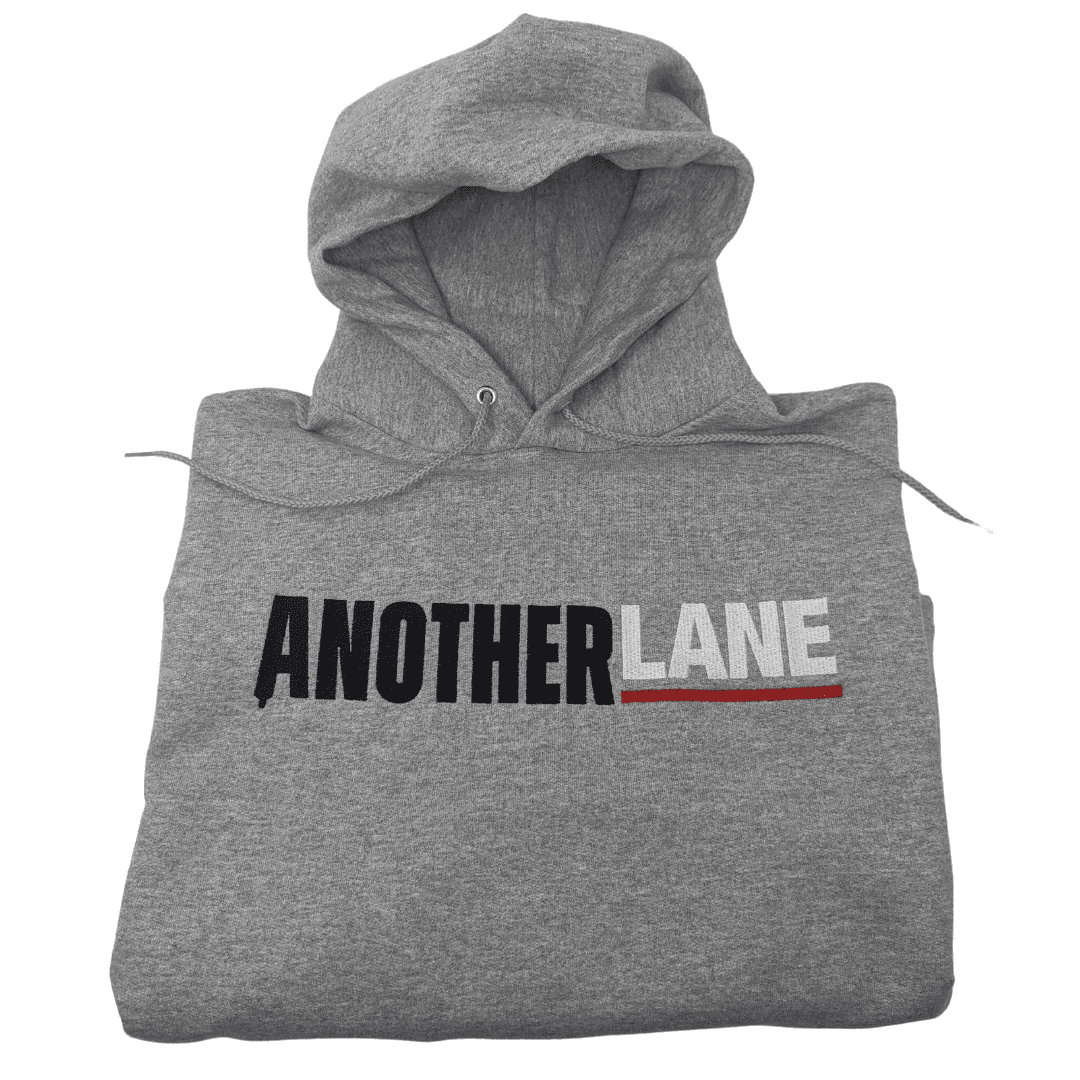
Classic Hoodie
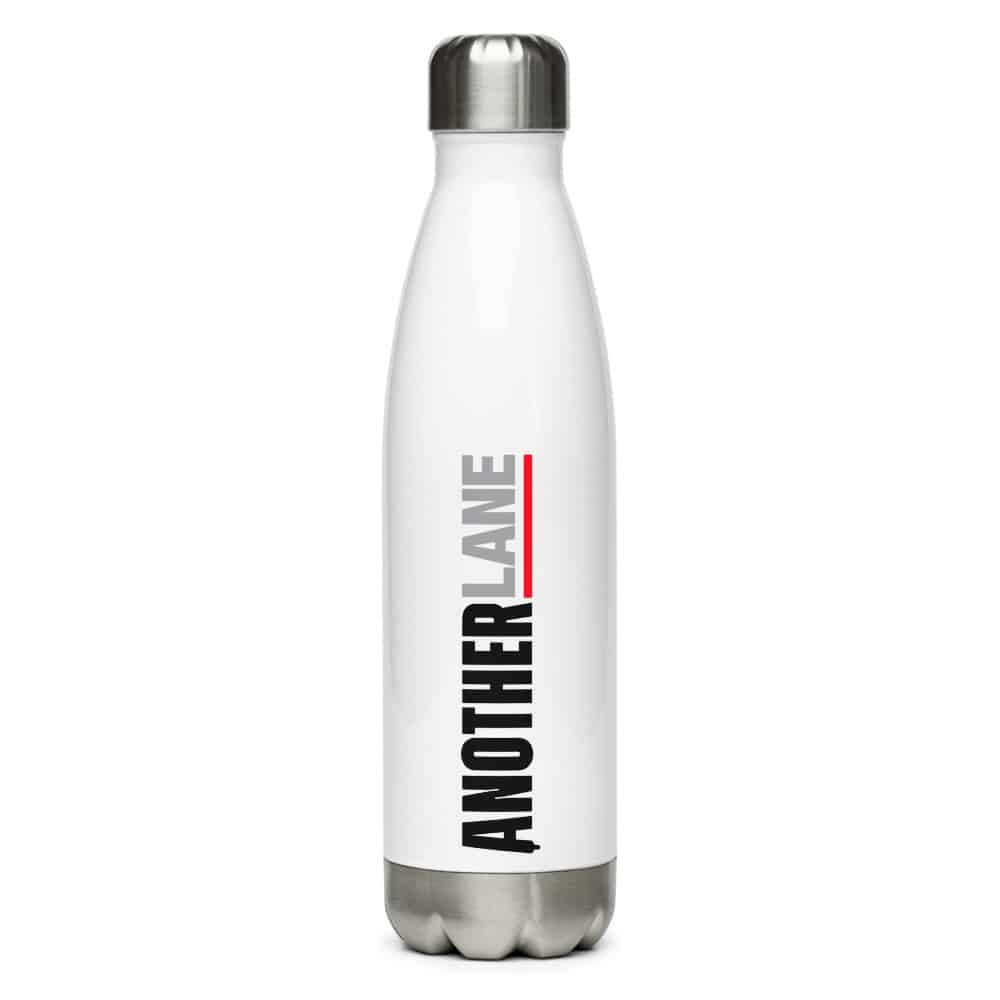
Stainless Steel Water Bottle
When Sole Collector magazine came out in 2003, my mom bought me a subscription, and I was like, “Wait a minute, there’s people like me.” Sole Collector started having events. That’s when everything blew up. I started to meet people who worked for Nike or were a cousin of the player or a cousin of the agent.
I still bought general releases, but my priority was player exclusives. I had a finite amount of money. My wife makes fun of it now, but I set up separate
checking accounts
for different shoes.
I had been working with computer systems for a long time. I was employee No. 1 at Vocal IP. It was a great job: I worked all the way up to become director of operations. I hired a full staff. But I quit in November 2018.
I was making good money, a low six-figure salary. But I would have weeks where I could sell one pair of sneakers and make more money than I would make in a month at work.
My collection was very big. I valued it at about a half a million dollars around the time I did an event at the NBA All-Star Game with eBay in 2019 in Charlotte, North Carolina. It’s easily four or five times that now, even after I’ve sold a lot of my stuff.
Another Lane started as a personal emporium for my sneakers. I opened up a Shopify site — just using Instagram and Shopify. One month we made $40,000.
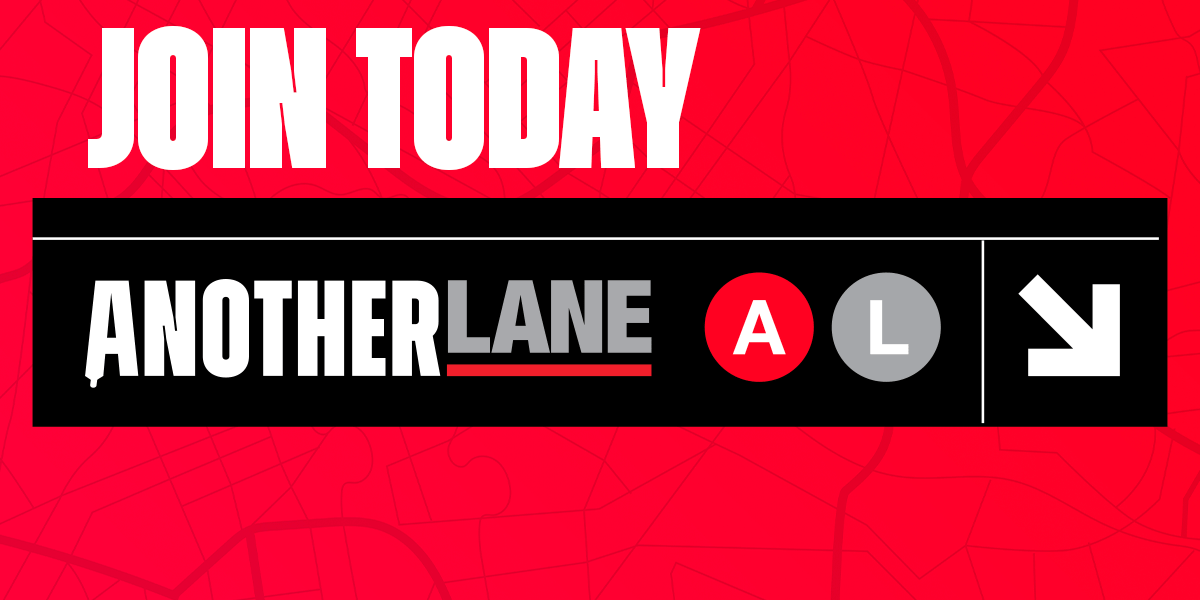
Eventually, Another Lane became a community-driven marketplace. There’s a buy-and-sell area. It’s fully managed by the seller — they have their own personal URL to their storefront. When buyers want to connect with sellers they can do that directly. Once you get comfortable with somebody you can go back to them again and again. We’re trying to foster deeper relationships.
There’s also a community that functions like Facebook and Twitter. And we have original content.
Another Lane was accepted into the Boston tech-stars accelerator. The $120,000 investment that came with it helped because as a Black founder, and even though my wife and I have credit scores over 750, we could not get a business loan.
Business is good. The marketplace dynamics are OK. Original content is turning into a major revenue stream. The apparel is selling.
Our community is free. But if you want to sell on the platform, or if you want some of the perks, like member discounts, it’s $12 a month. We’re going to do some live events so we can take the digital to analog and start making deeper relationships.
We’re not profitable yet. But who knows, in six months, that might be different.
Our advisors told us one way to grow is to make sure that I’m a voice in the space. I’m hosting Sole Collector sneaker brackets on Caffeine. It’s going to be live. I am extremely nervous, but the only way for me to progress is to keep making myself uncomfortable.
A lot of sneaker commentators are putting out only stuff that companies pay for. I don’t have those same constraints. I can be honest with my viewer. That’s something that they’ll never be able to beat. I also put the time in, and you can’t go back in time and do that. I was there.


 Another Lane
Another Lane 